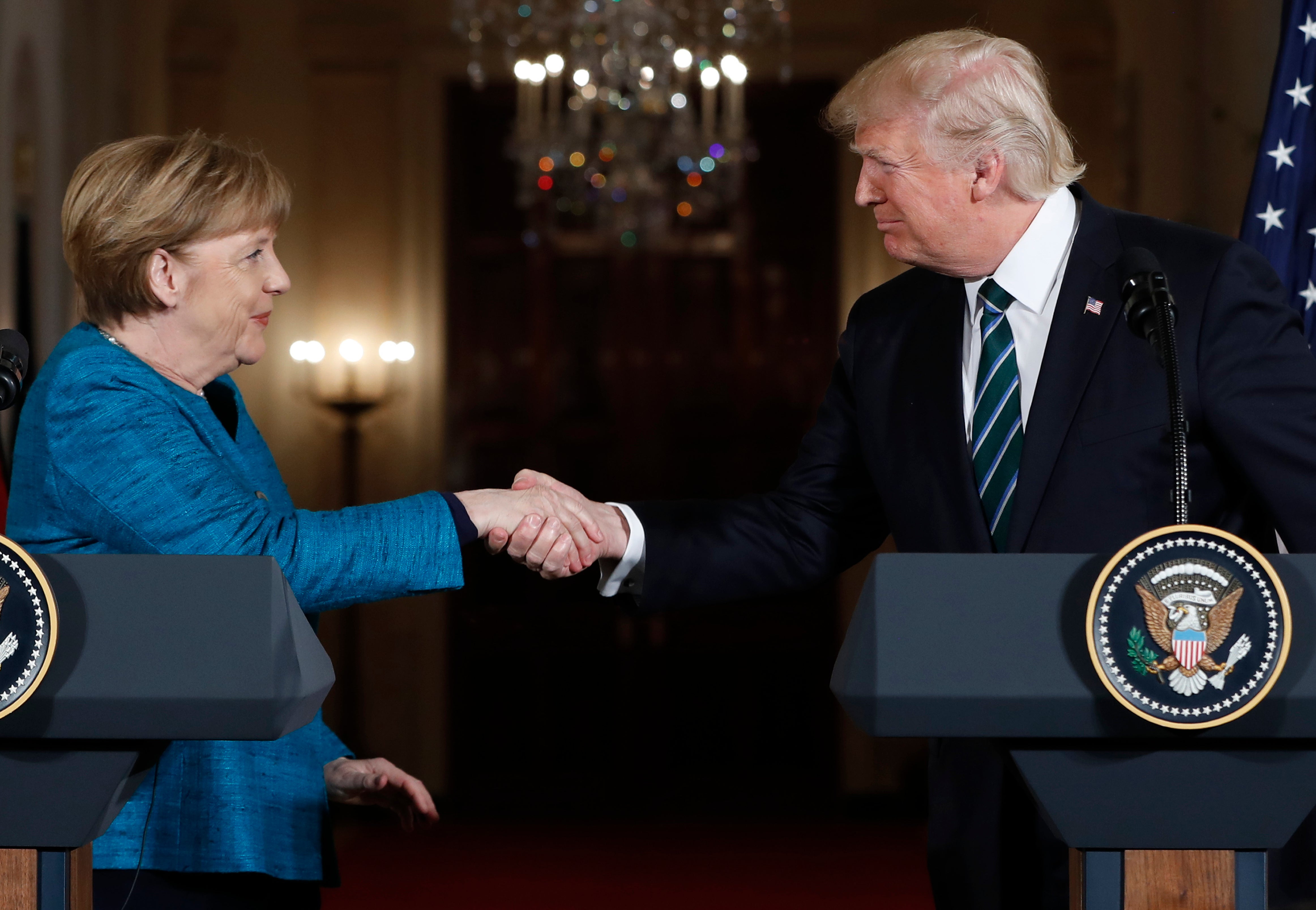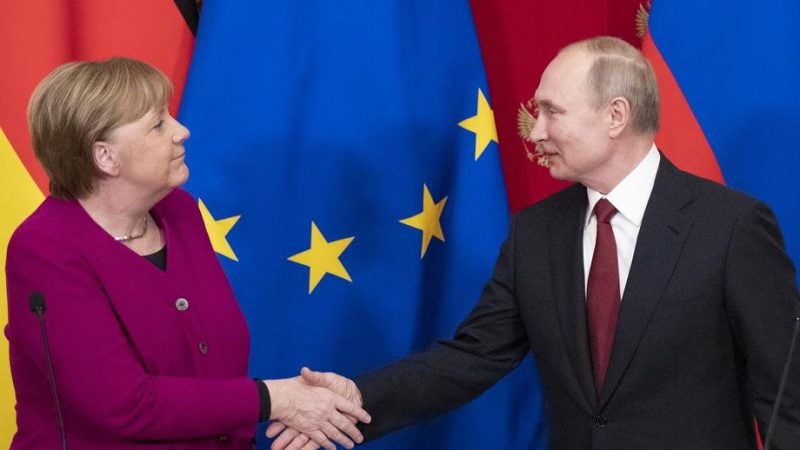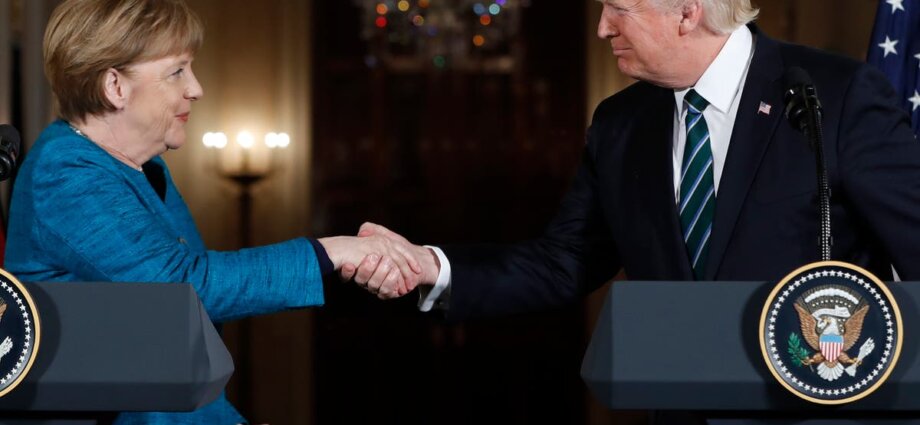Angela Merkel has sought to calm the nerves of European leaders over a second Donald Trump presidency claiming that he is not as ill-disposed to them as many believe.
The former German chancellor from 2005 to 2021 who worked with president-elect Trump during his first term in office has given her assessment on what his second term will mean to Alastair Campbell and Rory Stewart on their podcast The Rest is Politics.
With Trump making his first international appearance at the reopening of Notre Dame cathedral in Paris on Saturday evening, Ms Merkel has claimed that he actually sees Europe as a positive in making America great again.
She told the podcast: “I can only say from my experience of those four years [when I was in office at the same time as him] is that I think he does know that cooperation, particularly with the European Union and within NATO, is not only good for us but also good for the United States.

“Anything else would not be good for the US. After all, he wants the United States to be important, to be great. The transatlantic partnership makes America also greater. Sometimes people say we are the only beneficiaries, but that’s not true.
“If you look at the map of the world and the sheer dimension of challenges, there are very good reasons for the United States of America to need Europe and the European part of the transatlantic partnership.”
The former German chancellor also spoke at length about Russian president Vladimir Putin who she accused of not understanding the “boom of freedom”.
Ms Merkel said that Russians “do not have a good life under his leadership” and she wished for them “a democratic and prosperous future.”
She reminisced: “I very often thought about how we can bring democracy to Russia.
“For example, the privatisation pursued by the United States, where certain shares were given to everyone, allowing people to participate in wealth. Most people at the time, however, used it to make quick money and then spent the money or gave the shares away. This led to a huge concentration of property rights, which actually prevented the development of a proper middle class, perhaps with smaller businesses, for example, to thrive.”

Looking at the war in Ukraine and the wider problems of Putin’s agressive foreign policy, she said it was because he had been angered by the collapse of the Soviet Union and Russia’s diminished power after the fall of the Berlin Wall.
Ms Merkel noted: “Putin is somebody who, as a president, was seen by the Russians to lead them out of chaos, out of this superiority through the oligarchs, the fact that the economy was collapsing by transitioning it to a market economy.
“They wanted people to get their wages, to work against inflation, where not everything is eaten up by 50 to 60 percent of inflation. And Putin, and I think that’s something that he was actually quite clear about from the beginning, this incredible sentence that he said, the worst event to him of the 20th century was the collapse of the Soviet Union. And I said, quite frankly, ‘I thought Nazism and National Socialism was the worst event of the 20th century’?.
She went on: “He wanted to turn Russia into an important power again. That was what he was after all the time. And I think he didn’t know that much about economy, about economic prosperity. So very quickly, he resorted to restoring this strength with methods he had learned as a KGB agent. He was actually able to domesticate, if you like, the oligarchs, to tame them. They were allowed to operate, but only under him.”











